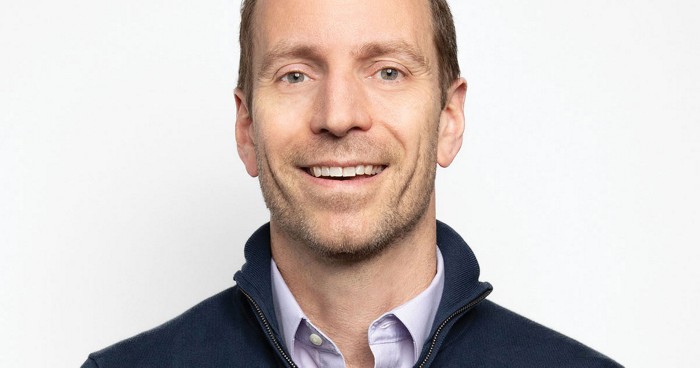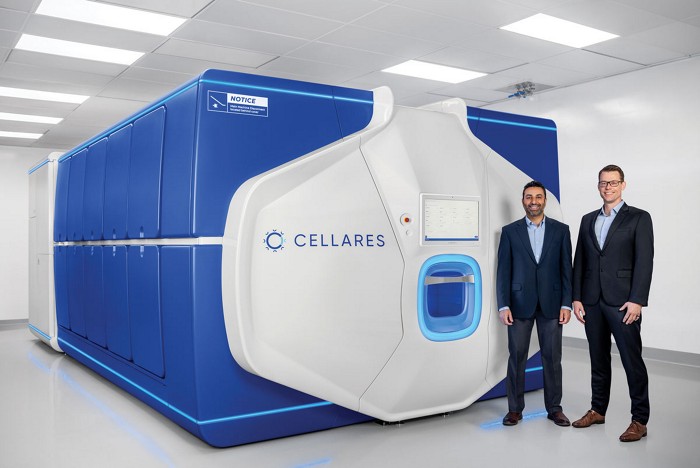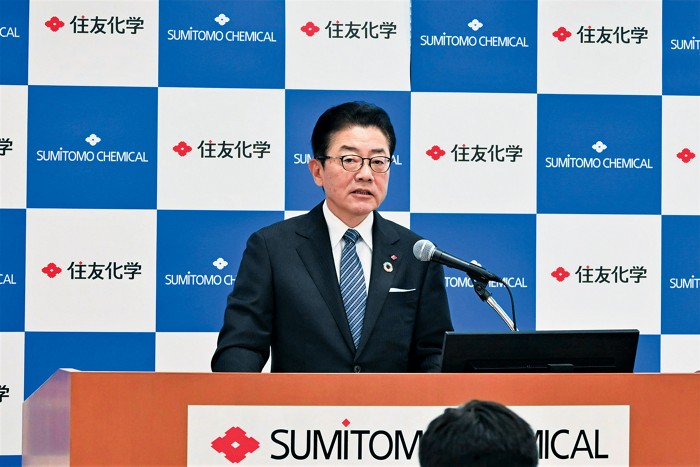Advertisement
Grab your lab coat. Let's get started
Welcome!
Welcome!
Create an account below to get 6 C&EN articles per month, receive newsletters and more - all free.
It seems this is your first time logging in online. Please enter the following information to continue.
As an ACS member you automatically get access to this site. All we need is few more details to create your reading experience.
Not you? Sign in with a different account.
Not you? Sign in with a different account.
ERROR 1
ERROR 1
ERROR 2
ERROR 2
ERROR 2
ERROR 2
ERROR 2
Password and Confirm password must match.
If you have an ACS member number, please enter it here so we can link this account to your membership. (optional)
ERROR 2
ACS values your privacy. By submitting your information, you are gaining access to C&EN and subscribing to our weekly newsletter. We use the information you provide to make your reading experience better, and we will never sell your data to third party members.
BASF Venture Capital has contributed one-third of a $4 million investment round in SmartKem, a Wales-based start-up that is developing inks based on organic semiconductors. The company hopes the inks will be used in applications such as flexible displays.
SouthWest NanoTechnologies has received $2.7 million in funding that it plans to use to expand multiwall nanotube production in Norman, Okla. The company also intends to hire eight technical staffers, including scientists.
Lanxess will invest $15 million to expand its ability to compound nylon and polybutylene terephthalate resins in Gastonia, N.C. The project, which is set for completion in early 2016, will double capacity to 40,000 metric tons per year.
Cathay Pacific Airways, based in Hong Kong, has invested an undisclosed sum in Fulcrum BioEnergy, a solid-waste-to-fuels firm located in Pleasanton, Calif. The airline has also signed an agreement with Fulcrum to purchase 375 million gal of waste-derived jet fuel over 10 years.
Prosensa will receive up to $7 million from the nonprofit CureDuchenne to support development of drugs that treat Duchenne muscular dystrophy, a rare disease. Prosensa, a Dutch firm, says it has collaborated with the nonprofit since 2004.
Deepak Nitrite plans to build a phenol plant at its site in Dahej, in India’s Gujarat state, that will have annual capacity for 200,000 metric tons of phenol and 120,000 metric tons of co-product acetone. The company says the project will cost close to $200 million.
Astellas Pharma of Japan will work with Cancer Research UK and its commercial arm, Cancer Research Technology, to find new drug targets, initially for pancreatic cancer. The goal of the two-year project is to block autophagy, the process by which pancreatic cancers consume cellular parts for energy.
Immune Design has licensed its GLAAS drug discovery technology to Sanofi to develop a food allergy therapy in a deal worth up to $168 million. GLAAS is based on a glucopyranosyl lipid adjuvant, a small synthetic molecule that can alter immune responses to protect or reduce allergy symptoms.





Join the conversation
Contact the reporter
Submit a Letter to the Editor for publication
Engage with us on Twitter